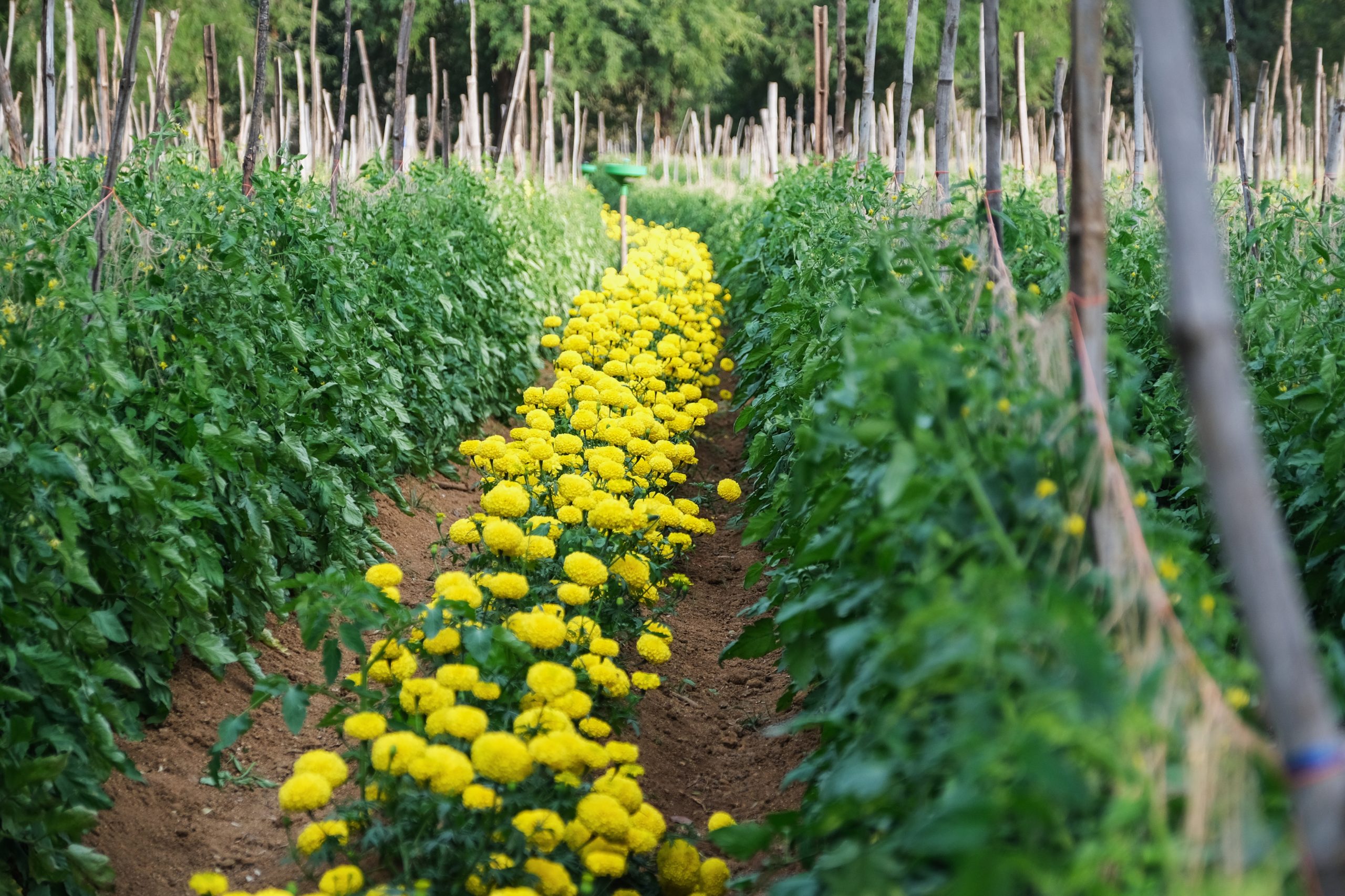

In India we offer our support to Self-Help-Groups and Farmer Producer Organisations through a regional project financed by the German Federal Ministry for Economic Cooperation and Development (BMZ).
DGRV has been actively involved in promoting cooperative development in India since 2007. Through its collaboration with its longterm implementing partner organisation APMAS (Andhra Pradesh Mahila Abhivruddhi Society), DGRV has supported the establishment and strengthening of Self-Help-Groups (SHGs) and their federations and since 2018 of Farmers’ Producer Organizations (FPOs) in several Indian states such as Andhra Pradesh, Telangana and Bihar.
The focus of DGRV’s work in India is to empower especially women, small farmers and rural communities by promoting the entrepreneurial cooperative and the cooperative values and principles of Self-Help, Self-Administration and Self-Governance through its Sector Own Control (SOC) Model. DGRV provides technical assistance and capacity building support to SHGs and FPOs, helping them to develop sustainable business models, establish good governance practices, and access finance and markets.
Built on the successful pilot of SHG SOC, the project work aims to up-scale and mainstream sector own control systems in order to contribute to the promotion of Self-Help-Groups and their federations to realize their full potential for engaging in microfinance and sustainable livelihoods. The SOC-model allows for strong governance structures within the Self-Help system and relies on capacity development for its members in order to enable them to manage and steer their own SHG.
One of the key approaches of DGRV is to promote the concept of “train the trainer” (ToT) programs. These programs help to build the capacity of trainers and multiplicators who can then provide training to FPO members on a range of topics such as bookkeeping, internal control mechanisms, financial management, marketing, and sustainable agricultural practices.
Since recently, DGRV has also been working with Indian universities and academic institutions to promote cooperative education and research. Through its collaboration with the Institute of Rural Management Anand (IRMA) and the Vaikunth Mehta National Institute of Cooperative Management (VAMNICOM), DGRV has supported the integration of cooperative development topics into their curricula.
At the macro level, DGRV has been working to create awareness among policy makers and government officials about the importance of cooperatives as a means of promoting inclusive economic development. Especially the core principles of Self-Help, Self-Administration and Self-Governance are highlighted in this regard. Together with its partner organisation APMAS, DGRV is currently engaging with the newly formed Ministry of Cooperation in India to promote the cooperative agenda and advocate for policies that support the growth and development of FPOs and other forms of cooperatives such as SHGs.
Through its partnership with APMAS and other local partners, DGRV has made significant contributions towards promoting cooperative development in India. Its work has helped to establish and strengthen SHGs, FPOs and their respective federations, which are now playing an important role in promoting sustainable agriculture, reducing poverty, and empowering rural communities.
Current project phase: WINGS 2021 – 2023: Economic Inclusion through Sustainable Cooperative Systems in Asia
Our BMZ Project in India contributes to several Sustainable Development Goals, especially:
Some activity highlights in 2022 include:
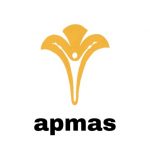
APMAS is an NGO with which a successful cooperation with the DGRV exists since 2007. In the South Indian states of Andhra Pradesh and Telangana, APMAS is the leading professional organisation in the areas of capacity building, strengthening and quality assessment of self-help groups and other local community-based organisations (CBOs) as well as in questions of securing livelihoods in rural regions.
The activities of the project in India are supervised by the DGRV office in Bonn:
DGRV – Deutscher Genossenschafts- und Raiffeisenverband e. V.
Adenauerallee 121
D-53113 Bonn
+49 228 / 88 61-352
international@dgrv.de
The “Towards Climate Smart Villages (CSV): Promotion of affordable and replicable adaptation and mitigation practices to enhance livelihoods of vulnerable communities in the Sri Sathya Sai District of Andhra Pradesh, India” component aims to enhance the livelihoods of vulnerable communities in the Sri Sathya Sai District of Andhra Pradesh, India, by promoting affordable and replicable adaptation and mitigation practices. The project is implemented in 18 villages of 9 Gram Panchayats in two mandals, Nallamada and Gudibanda. The duration of the project is three years and ten months, starting from April 2022 to January 2026.
The joint project is implemented by Aide à l’Enfance de l’Inde et du Népal (AEIN) and APMAS, with DGRV providing support in the form of cooperative knowledge building. DGRV’s role in the project is to conduct training activities through its implementation partner APMAS, so that the community institutions and cooperatives in the project area can be properly guided and enabled to adopt proven and innovative climate resilient practices. Through its experience and expertise in cooperative development, DGRV hopes to contribute to the long-term sustainability and success of the project, and to promote the benefits of the cooperative model in enhancing the livelihoods of vulnerable communities.
Direct beneficiaries are 1,400 families, out of which 50% are women, and the indirect beneficiaries are 3,000 families within and outside the project area. The project aims to significantly improve the livelihoods of poor and marginalized families located in 18 habitations, including all the smallholder farmers in four habitations as saturation villages.
The project has four specific objectives, including building adaptive capacities of community institutions to plan and implement climate-smart activities, building resilience of vulnerable families through innovative adaptation strategies and practices in the agriculture sector, enhancing resilience to drought through agro-forestry in common land and private lands, and promoting knowledge management and sharing of experience on climate resilience practices. Six compnents are at the core of the project activities: soil management, improved water management, smart cropping and fodder management, climate-smart institutions, innovation, and cooperative knowledge management.
It is planned to further expand to the Gram Panchayats with a focus on building the adaptive capacities of community institutions, enhancing resilience of vulnerable families, promoting agroforestry practices, and sharing knowledge for large-scale dissemination. By the end of the project period, the project aims to significantly reduce the vulnerability and risks to climate change for the targeted communities, resulting in improved livelihoods on a long-term sustainable basis.
With its activities, the project component Climate Smart Villages in India contributes to several Sustainable Development Goals, especially to:
Some activity highlights in 2022 include:
APMAS is an NGO with which a successful cooperation with the DGRV exists since 2007. In the East Indian states of Andhra Pradesh and Telangana, APMAS is the leading professional organisation in the areas of capacity building, strengthening and quality assessment of self-help groups and other local community-based organisations (CBOs) as well as in questions of securing livelihoods in rural regions.

Aide à l’Enfance de l’Inde et du Népal (AEIN) is a non-profit association that has been supporting development projects in India since 1967. In 1997, actions were extended to projects in Nepal. AEIN is a recognized non-government organization operating under framework agreements with the Luxembourg Ministry of Foreign Affairs, guaranteeing the co-financing of development projects and of awareness raising activities.
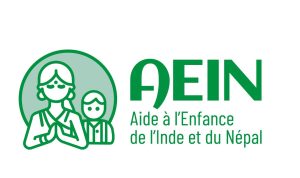
The activities of the CSV project in India are supervised by the DGRV office in Bonn:
DGRV – Deutscher Genossenschafts- und Raiffeisenverband e. V.
Adenauerallee 121
D-53113 Bonn
F: +49 228 / 88 61-352
international@dgrv.de
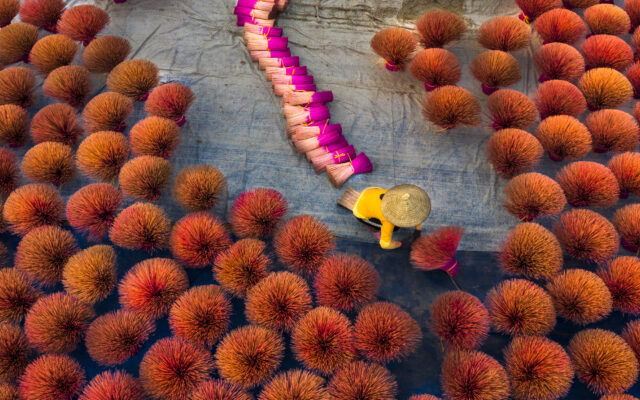 Asia
Asia In the past, people in Vietnam had low trust in cooperatives in general, which hindered the participation of new members. Many of the established cooperatives are facing weak governance and ineffective business. To strengthen the cooperative field, DGRV has been operating in Vietnam since the end of 1990s by providing support at all levels. The […]
More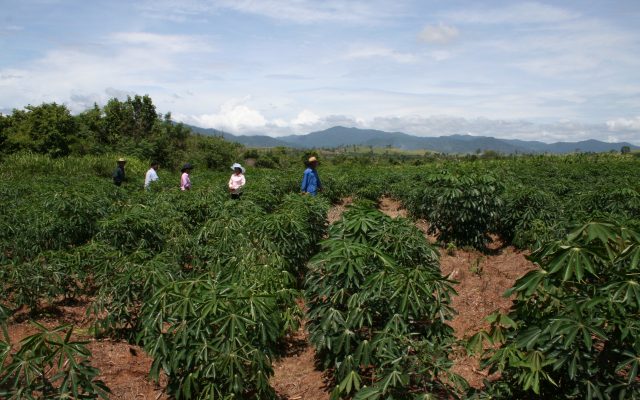 Asia
Asia With its country-wide programme in Cambodia, DRGV aims at promoting a functioning, multi-level cooperative system that enables cooperatives, and very specifically their farmer members to improve their individual economic situation. By promoting cooperative self-help, the project contributes to improving economic and social structures, strengthening civil society and reducing poverty. In Cambodia, DGRV is following a […]
More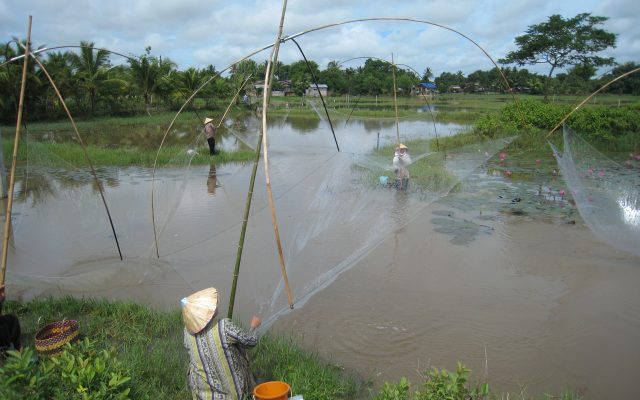 Asia
Asia With its country-wide programme in Lao PDR, DRGV aims at contributing to the improvement of the economic situation of farmers and micro-, small- and medium enterprises by strengthening self-help groups and cooperatives. The DGRV Team in Laos works on all three levels. On the Macro level the team advices the local partners, the Ministry of […]
More